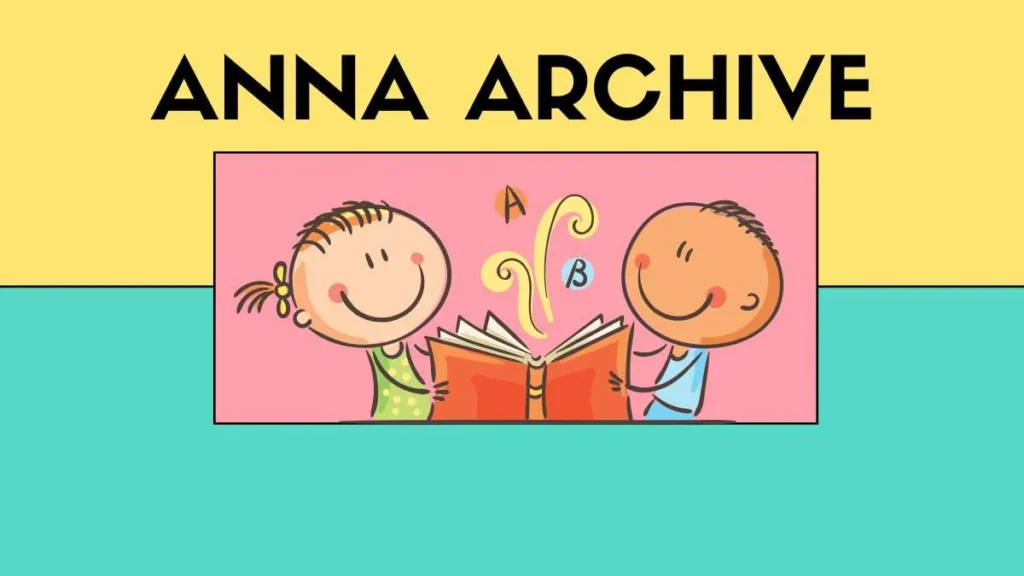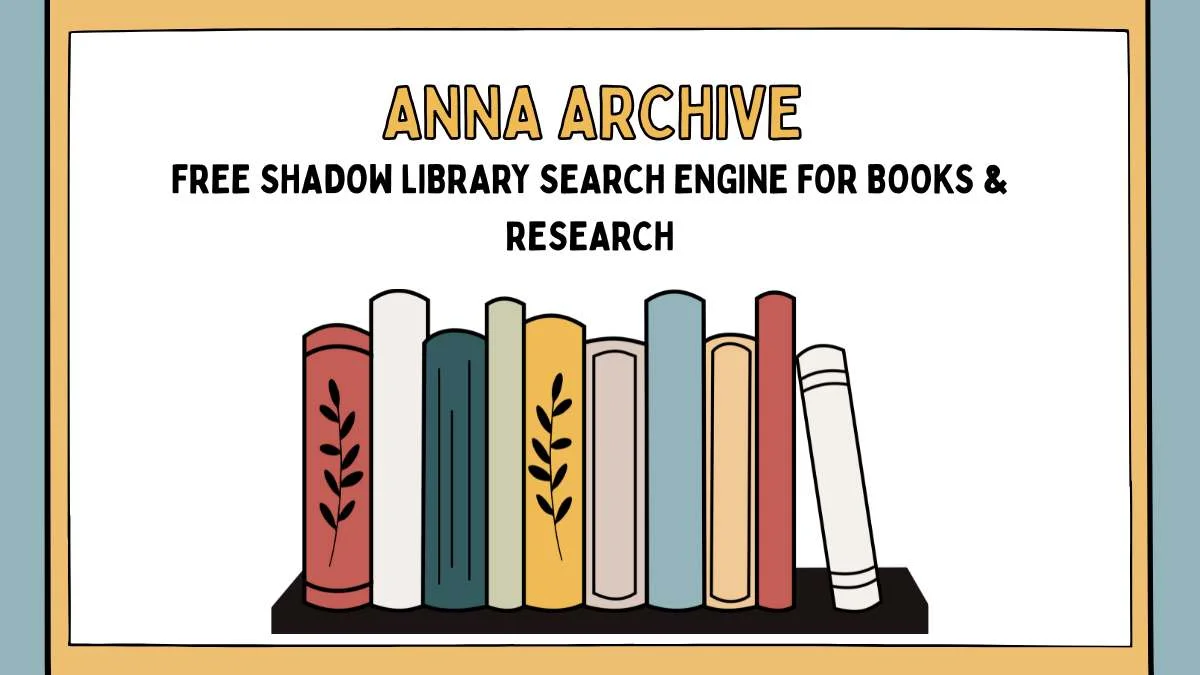In the rapidly evolving digital landscape, the preservation and accessibility of knowledge have become central to global discourse. Among the many initiatives attempting to address the challenge of democratizing access to information, Anna Archive stands out as a bold, technically resilient, and openly collaborative project.
What is Anna Archive?
Anna Archive is a free, open-source shadow library search engine that allows users to discover and access millions of digital texts, including books, academic papers, and scholarly articles by aggregating metadata from major online libraries like Library Genesis (LibGen), Z-Library, and Sci-Hub.
Anna Archive’s Technology Stack: IPFS, Torrents, and Resilience
The work of Anna Archive is based in the deep philosophy of decentralization and technical resilience. With conventional shadow libraries receiving more public attention and getting deleted, Anna Archive stands apart by the kind and mechanism of what it provides. Instead of storing copyrighted material, it catalogs metadata and serves them to the user via links to decentralized systems. This design option is a strategic and conscious one that aims to provide continuity, censorship-resistant, long-term availability.
Key Features of Anna Archive
Anna Archive stands out as a resilient, open-source search engine that indexes shadow libraries and facilitates access to digital knowledge through decentralized technologies. Below are its most important features:
1. Comprehensive Metadata Search Engine
- Index-based Access: Enables users to search books, academic papers, and articles using rich metadata (title, author, ISBN, publisher, etc.).
- Aggregates from Major Libraries: Draws metadata from sources like Library Genesis, Z-Library, Sci-Hub, and other shadow libraries.
- Advanced Filtering: Users can sort or filter results by language, file format, size, year, and more.
2. Decentralized Download Infrastructure
- No Direct Hosting: Does not host copyrighted files.
- IPFS Integration: Links to content stored on the InterPlanetary File System (IPFS) for distributed, censorship-resistant access.
- Torrent Support: Provides magnet links and .torrent files, allowing users to download via peer-to-peer sharing.
3. Open Source and Community-Driven
- Public Codebase: Built with an open-source license, allowing developers to audit, contribute, fork, or self-host the project.
- Volunteer-Based Maintenance: Sustained by a global network of contributors and knowledge freedom advocates.
4. Privacy-Conscious Architecture
- No User Tracking: Designed to operate without collecting or storing personal user data.
- Compatible with Tor and VPNs: Encourages use through privacy-preserving tools to bypass censorship or surveillance.
- Minimal Centralization: Limits points of failure and authority to ensure operational independence.

Balancing Copyright and Accessibility
The emergence of Anna Archive rekindling an old debate that has gained lots of currency all over the world on how societies can negotiate between legal rights of protection granted to intellectual property and the necessity of universal access to knowledge. Being a metadata search engine that only indexes content on shadow libraries and connects users to decentralized sources, Anna Archive is in some form of legal gray area. It may not include materials that are copyrighted, but it is its easy access to the same factors, which finds it at the cross road between two diverse ideals: copyright enforcement and information equity.
Accessing Academic Resources for Free with Anna Archive
We live in an era when most academic journals and educational books are hidden behind high paywalls and the world really needs convenient and powerful resource that will enable free access to scholarly sources. As a decentralized search engine, Anna Archive does not directly store copyrighted material of its own, but indexes metadata of large shadow libraries, such as Library Genesis (LibGen), Sci-Hub and Z-library, and links to free copies of resources that can be downloaded in You know what precarious position this index is in: vis-a-vis copyists and reproductions: i.e. now as ever.
Open-Source Philosophy and Community Involvement
Beyond its role as an index, Anna Archive represents an open-source ethos that values transparency, collaboration, and resilience:
- Open Codebase: The search engine and related tools are open-source, allowing others to inspect, contribute to, or fork the project. This openness increases trust and encourages community-driven improvements.
- Volunteer Maintainers: Anna Archive relies on a decentralized community of volunteers to keep its metadata fresh, maintain mirrors, and expand its scope.
- Adaptability: The project’s modular, open-source design ensures that even if one instance of Anna Archive is taken down, others can be created quickly, preserving continuity.
Impact on Education and Research
Despite the controversies, Anna Archive’s influence on global education and research is significant. Millions of users rely on indexed shadow libraries to:
- Access expensive academic papers that would otherwise be unaffordable.
- Obtain out-of-print books or resources not digitized elsewhere.
- Support self-directed learning in countries with limited library infrastructure.
The Future of Anna Archive
With the digital world in the process of becoming more decentralized, open to everyone, and capable of withstanding censorship, Anna Archive will become and continue to become a more significant part of the future of knowledge sharing within the global community. Released in 2022 as the reaction to the legal pressure against shadow libraries, Anna Archive has proven to be much more than the temporary fix to access that some may think of it as it is becoming an ever-changing platform whose existence is important as a representation of the increasing need of unrestricted access to education, science and literature.
Conclusion
Anna Archive is a testimony to ingenuity in the field of technology and the universal thirst of knowledge without any boundaries. It aims to preserve and increase access to the intellectual heritage of the world by supplementing the contents of the largest online libraries with aggregate and indexed pages and by linking to external resources both by torrent and through IPFS and mirrors, ensuring the viability of these sources through an open-source and decentralized infrastructure.
Discover more exclusive content on themotostreet.com

Brooke Jennings is an accomplished multi-niche content writer with a passion for crafting insightful, well-researched, and reader-friendly content. With over a decade of experience in digital journalism and copywriting, she has contributed to blogs, magazines, and corporate websites across a wide range of industries.

